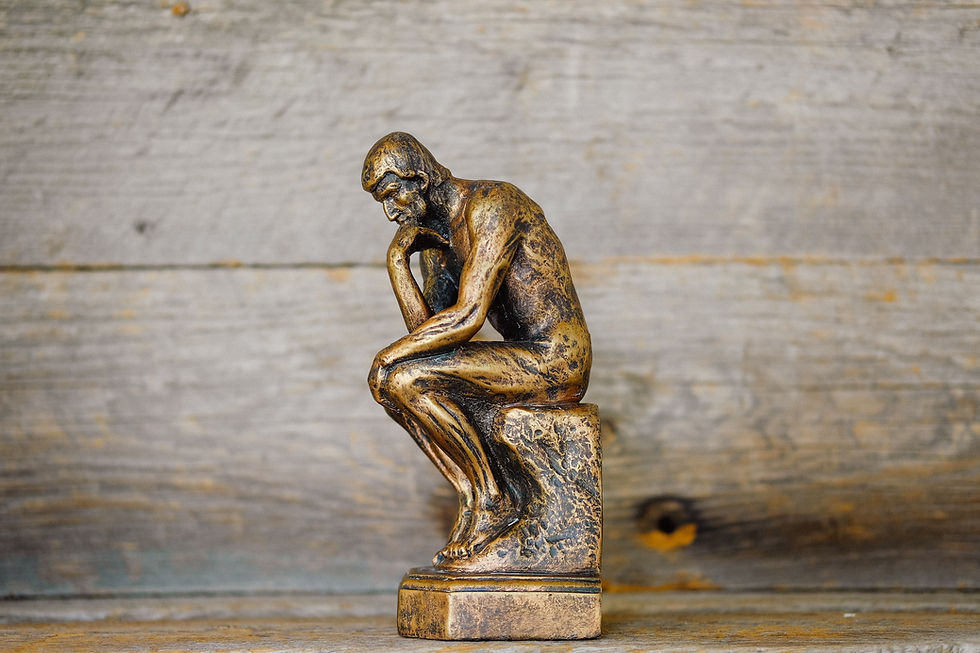Unus Mundus One World: Psychology
- Sylvia Rose

- Jun 30, 2024
- 3 min read
Unus mundus is a concept rooted in Western philosophy, theology, and alchemy. It addresses the idea of a singular, unified reality as the source from which all aspects of existence emanate and interconnect.
In essence, it represents a unifying principle underlying the diverse manifestations of the universe, emphasizing interconnectedness and interdependence of all things. The concept of the unus mundus appears in teachings of philosophers such as Plato (427- 348 BCE).
In his allegory of the cave, individuals are confined to a cave and perceive only shadows of reality, cast by a fire behind them. The story is a metaphor for limited perception. It expresses the idea of a higher reality beyond the immediate sensory experience.
Alchemists view unus mundus as the prima materia, the essential substance from which all creations, transformations and transmutations arise. Unus mundus exemplifies the interconnected nature of reality and the underlying unity binding it all together.
Unus mundus reflects the alchemical quest for the ultimate unity of opposites in pursuit of spiritual enlightenment and transformation. Unus mundus holds a central place not only in alchemy but also in the realms of philosophy and theology.
In the medieval Christian philosophy of nature, the unus mundus represents the plan of the cosmos in God’s mind before the Creation and the separation of heaven and earth. Sophia, the Wisdom of God, personifies this living matrix of all orderly creations.
A concept resonating across different disciplines, the idea is deeply entwined with belief in a universal unity surpassing boundaries of individual distinctions. Study of this concept aims to bring together all aspects of existence into a coherent and balanced whole.
Philosophically, it represents the idea of a cosmic oneness that underlies the diversity of the world. Likewise it emphasizes the interconnected nature of all phenomena and the inherent unity that binds everything together.
In theology, unus mundus embodies the concept of a divine harmony beyond human understanding, pointing towards a higher order uniting all beings in existence. It's also significant in the ability to inspire contemplation on the fundamental unity of existence.
It displays a holistic and integrated nature of the universe. The unus mundus goes beyond surface appearances as a deeper, interconnected fabric of reality concerned with all phenomena conscious or unconscious.
At the end of his life, Jung thinks of the unus mundus not as an abstract metaphysical concept but as the the last stage of the individuation process symbolized by the mandala. Individuation is the process by which an individual becomes distinct.
Unus mundus is the culmination of Jung’s psychological work summed up in Mysterium Coniunctionis:
“If mandala symbolism is the psychological equivalent of the unus mundus, then synchronicity is its para-psychological equivalent.”
Carl Jung, Mysterium Coniunctionis, published posthumously 1970
Non-Fiction Books:
Fiction Books:
READ: Cult of the Fire God - Bronze Age Quest Adventure
READ: Lora Ley Adventures - Germanic Mythology Fiction Series
READ: Reiker For Hire - Victorian Detective Murder Mysteries








